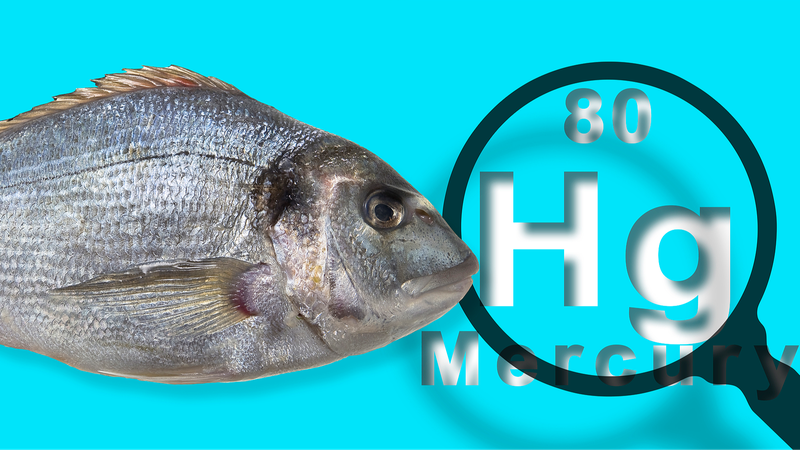A new study published in Nature Sustainability reveals that human activities and climate change are rapidly accelerating the release of mercury from the world’s largest marine mercury reservoir14continental shelf sediments. This collaborative research, led by researchers from Peking University in the Chinese mainland alongside experts from the United States, the United Kingdom and the Netherlands, paints a stark picture of our warming seas.
As ocean temperatures rise and oxygen levels shift, sediment-bound mercury is mobilized at unprecedented rates. Continental shelves, which serve as a vast “mercury bank,” are now leaking more of this potent neurotoxin into the water. Early estimates suggest that mercury flux to the water column could increase by up to 20% in the next decade if current warming trends continue.
Why it matters: Mercury in the ocean bioaccumulates in fish and shellfish, making its way up the food chain. For communities around the globe14especially those dependent on seafood protein14this trend could mean heightened health risks, from developmental issues in children to cardiovascular problems in adults.
The study’s data-driven insights call for urgent action: policymakers must integrate these findings into climate and marine protection strategies. Reducing carbon emissions, curbing industrial pollution, and enhancing sediment monitoring could help slow the mercury release and protect marine ecosystems and public health.
For young activists, entrepreneurs and travelers alike, this research is a wake-up call. Our choicesfrom energy consumption to sustainable seafoodhave far-reaching effects on ocean health. It’s time for a new wave of global action to keep mercury where it belongs: locked in the deep.
Reference(s):
Scientists warn of mercury threat in ocean due to human activity
cgtn.com




